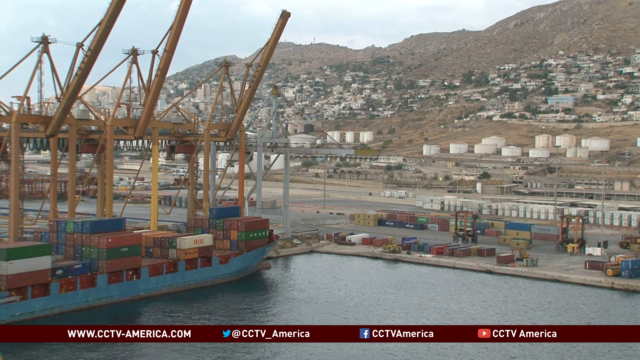Three years ago, Greece was headed for financial collapse. The government’s borrowing costs were at record levels. The country was drowning in debt.

It took two bailouts totaling $305 billion and the promise of unlimited European Central Bank funding to prevent a domino effect of other indebted countries going under.
The outlook now for Greece is better, but the country remains fragile. The highest unemployment rate in the eurozone is just one of the issues, compounded by six years of cutbacks that have eaten into services and wage increases.
The rise of far left and far right parties have contributed to a sometimes violent political climate. Greece is growing again, but confidence is low. When the government recently suggested leaving its bailout program a year early, financial markets panicked and borrowing costs shot up.
The reforms include boosting private sector investment and reducing tax evasion. In a sign that Greece is changing, the port of Athens has become the largest in Europe after China bought a 50 percent stake.
The aim is to turn the city into one of the most important trading hubs in the world over the next decade.
For more, CCTV America interviewed Nicholas Economides, professor of economics at New York University.

 CGTN America
CGTN America
